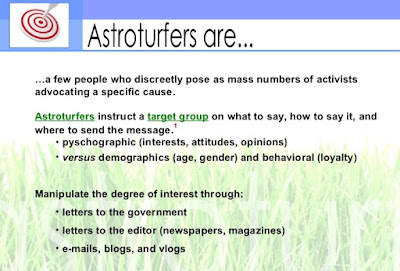 |
| Data compiled and reported by the Peterson Institute for International Economics. |
So, if you spend $500 or $5,000 a day, it starts to get really strange.
When you reach $50,000, that's what you'd have to spend every day for fifty years to use up a billion dollars.
You could use that kind of wealth to influence government and manipulate the marketplace. That way, you get millions more, and you can pump more wealth out of the world. (We called them robber barons back in the early days of industry. Today, they're the wealthy elite.)
Or you could use just what you need for a healthy life and use the rest to help others. Some folks do that, and it makes a difference.
Is there any good path for the billionaires? So far, 154 have pledged to give away at least half of their wealth for the common good. Good for them.
________________________
__________________________________________________________
Spend $5 a day and survive, barely. That's common, by the way, but it shouldn't be. Incredible wealth flows up from lower echelons to the coffers of the wealthy.
The world needs to change, and in fact it is changing. Extreme poverty (less than $2 per day) is declining -- that's improvement, but it's still a long way from being out of poverty. Half of child mortality is from malnourishment; 22.9% of children under five are stunted. More than half the world lives in significant deprivation.
Justice and equality, national priorities, distribution and conservation, all must change, and most will of necessity. Meanwhile, we have many opportunities to make a difference.
As for the 1,900 remaining billionaires and 14,600,000 millionaires ... we'll see.
Then there are the corporations whose only motive is profit.
They're richer than any individual and some are bigger than countries.












